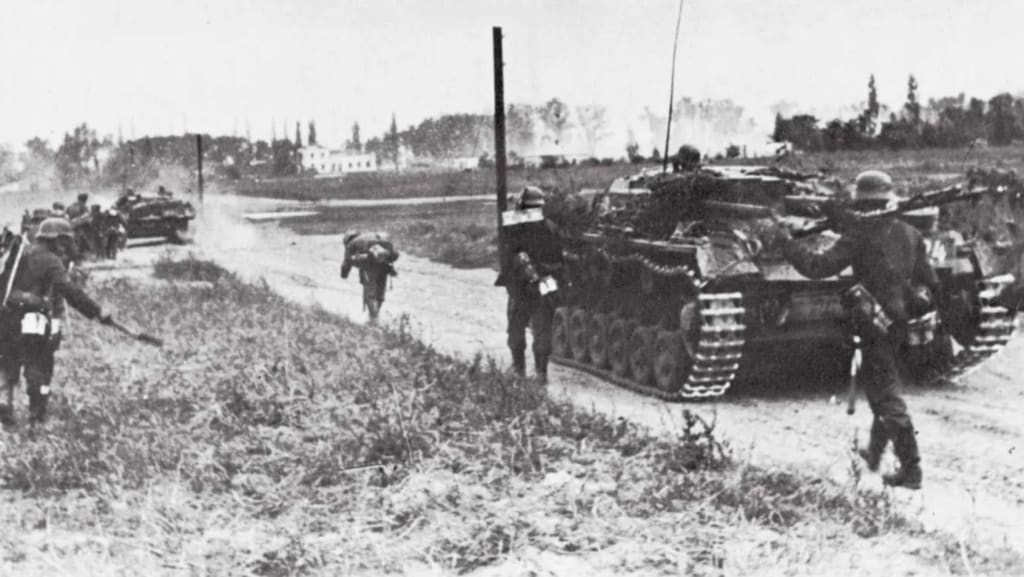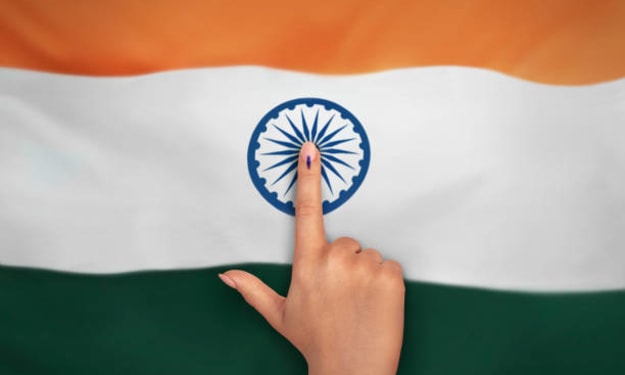The Devastation of World War II: A Look at the Global Conflict
The Unforgettable Tragedy of World War II

World War II was one of the most devastating global conflicts in history. It was fought between the Allied Powers, which included the United States, the United Kingdom, the Soviet Union, France, and other allies, against the Axis Powers, which included Germany, Italy, and Japan. The war began in 1939 following Germany's invasion of Poland, and it lasted until 1945 with the surrender of Japan. During the conflict, millions of people were killed, and cities and countries were devastated.
The origins of World War II can be traced back to the First World War, which ended in 1918. In the aftermath of World War I, Germany was forced to sign the Treaty of Versailles, which imposed harsh penalties on the country. These consequences included the loss of territory, the restriction of the German military, and the payment of large postwar reparations. Germany was humiliated and resentful of the treaty, and its anger and resentment would lead to the rise of Adolf Hitler and the Nazi Party in 1933.
Hitler and the Nazis came to power in Germany in 1933, and they began to rebuild the German military and expand the country's borders. By 1938, Germany had annexed Austria and the Sudetenland region of Czechoslovakia, and in 1939 it invaded Poland, beginning World War II. The invasion of Poland prompted the United Kingdom and France to declare war on Germany, and this was the beginning of the Allied Powers.
The Axis Powers, which included Germany, Italy, and Japan, were opposed to the Allied Powers throughout the war. The three Axis Powers fought together against the Allied Powers, and they also had a pact of mutual defense. The Axis Powers also conducted a number of campaigns during the war, such as the German invasion of the Soviet Union in 1941 and the Japanese attack on Pearl Harbor in 1941.
The war lasted for six years, and it was fought on multiple fronts. In Europe, the Allied Powers were successful in pushing back the German forces, and in 1945 the Allies were victorious in Europe. In the Pacific, the Allied Powers were also successful in pushing back the Japanese forces, and in 1945 the Allies were victorious in the Pacific. In August of 1945, Japan officially surrendered, ending World War II.
The effects of World War II were far-reaching and devastating. In Europe, millions of people were killed or displaced, and cities and countries were destroyed. In the Pacific, many cities were destroyed by atomic bombings, and millions of people were killed or affected. The global economy was severely affected by the war, and many countries experienced extreme poverty and deprivation.
World War II was one of the most devastating conflicts in history, and its effects are still felt today. The war changed the world in many ways, and it left an indelible mark on the world. The global conflict brought about the end of colonialism and the rise of the United Nations, and it also ushered in a new era of technological and scientific advancement. The war also reminded us of the terrible consequences of war and the value of peace.
World War II is one of the most extensively researched and documented conflicts in history. It was a global war that lasted from 1939 to 1945, and it involved all of the world’s major powers. It is estimated that more than 70 million people worldwide were killed during the war, making it one of the deadliest conflicts in human history.
The war began in September 1939 when Nazi Germany invaded Poland, which ignited a series of events that led to the involvement of most of the world’s countries. The Allies, which included the United Kingdom, France, China, the Soviet Union, and many others, eventually defeated the Axis powers, which included Germany, Italy, and Japan.
The events leading up to World War II can be traced back to the Treaty of Versailles, which was signed at the end of World War I. This treaty imposed severe restrictions on Germany, including the removal of their military and the restriction of their economy. This caused resentment among the German people, and the Nazi Party, led by Adolf Hitler, rose to power in 1933. Hitler sought to expand the German borders and regain what he felt was Germany’s rightful place in the world.
Hitler and the Nazi Party proceeded to expand Germany’s influence by invading other countries, such as Austria and Czechoslovakia. In 1939, Germany invaded Poland, and Britain and France declared war on Germany. This sparked the beginning of the war.
The war was fought on multiple fronts. In the Pacific theater, Japan attacked the United States and its allies, while the United States and its allies fought against the Japanese. On the European front, Germany attacked the Soviet Union, while the Soviet Union and its allies fought back.
The war was marked by some of the most devastating battles in history. The Battle of Stalingrad, which lasted from August 1942 to February 1943, was one of the bloodiest battles in human history, with an estimated two million casualties on both sides. The Battle of Normandy was another major battle, in which Allied forces landed on the beaches of Normandy in June 1944 and eventually liberated France from German occupation.
The war continued to rage on until 1945, when Germany and Japan surrendered. This marked the end of World War II and ushered in a new age of global politics. The Allies had won the war, but it had come at a devastating cost. Millions of people had lost their lives, and much of Europe and Asia had been ravaged by the war.






Comments
There are no comments for this story
Be the first to respond and start the conversation.